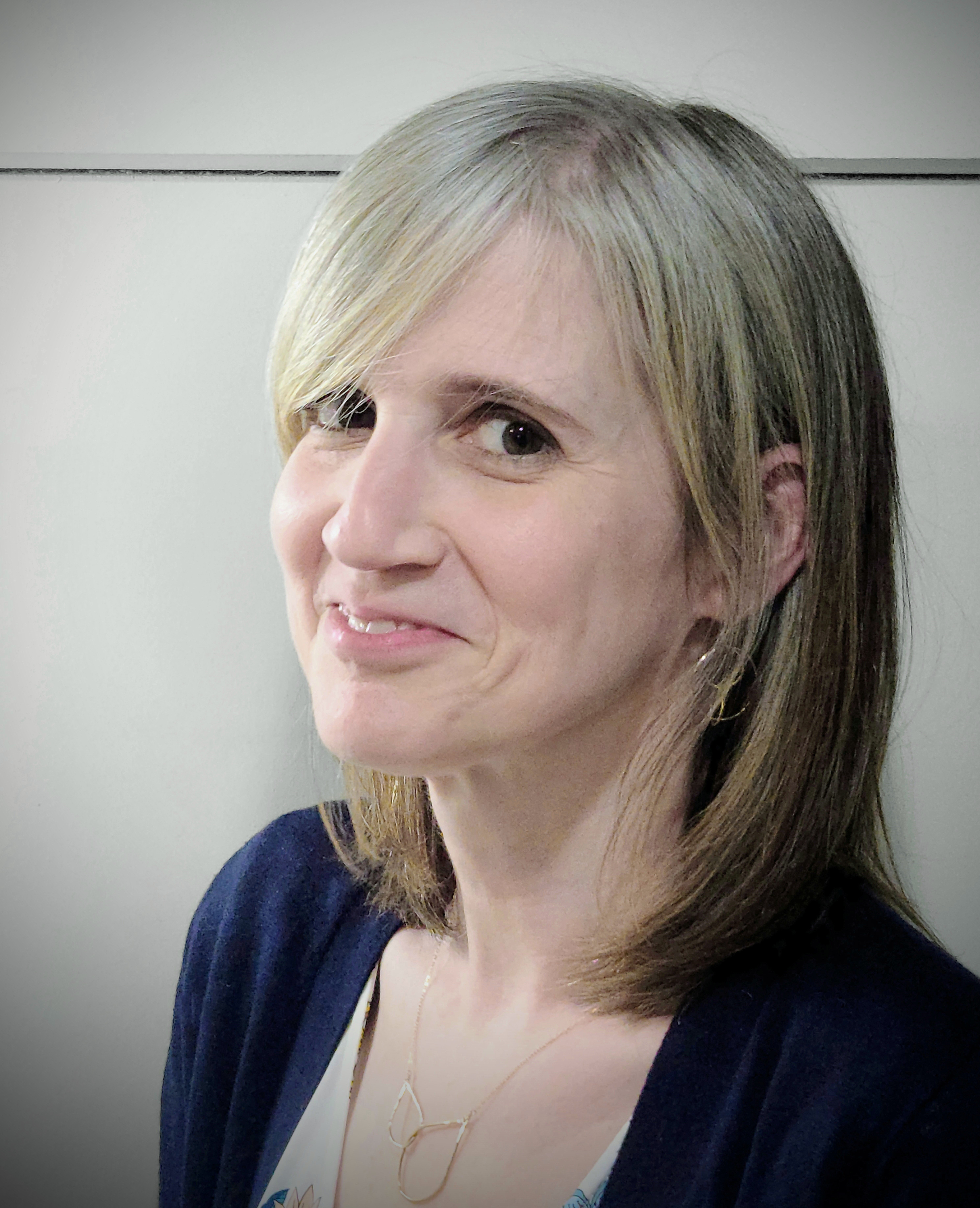You have /5 articles left.
Sign up for a free account or log in.
Bridget Brennan and I are getting to know each other through a research project that we are collaborating on for my institution. In meeting Bridget, I was fascinated by her academic career journey. Bridget is a senior content director at Hanover Research. Prior to her current leadership role, Bridget served as the assistant vice president for academic affairs at Stevenson University. And before that, Bridget was a professor of English and women’s studies and department chair at Prince George’s Community College. Bridget graciously agreed to answer my questions about her current role, her career path and her thoughts about crafting a nontraditional academic career.
leadership role, Bridget served as the assistant vice president for academic affairs at Stevenson University. And before that, Bridget was a professor of English and women’s studies and department chair at Prince George’s Community College. Bridget graciously agreed to answer my questions about her current role, her career path and her thoughts about crafting a nontraditional academic career.
Q: Tell us about your role as higher education research director at Hanover Research. What is Hanover Research, and what do you do all day long?
A: Hanover provides custom research, analytics and grant-support services using a subscription model to around 500 college and university partners across the U.S. We do custom quantitative, qualitative and secondary research related to a number of key areas of interest in higher education, including academic program development, marketing, enrollment management, advancement and finances. To put it simply, our job is to help our partners make informed, strategic decisions that support their mission and strategic goals.
Most days, I divide my time between working with faculty, staff and administrators at our higher education partner institutions; leading a team of content directors; and collaborating with researchers on our various methodology teams. With our higher ed partners, the content directors and I help to develop long-range research agendas and design individual research projects. Internally, I provide guidance and leadership to a group of content directors who collaborate with very talented researchers to help shape and guide research
Q: What was the path that brought you from being a professor and department chair to an academic VP and now to your current role? Why did you transition out of working for a university but kept working in higher education?
A: I have always been driven to understand the why behind various challenges, and I think that curiosity has really shaped my career path. When I was teaching, I often found myself thinking about how my students’ experiences and struggles might reflect larger, systemic issues and how my colleagues and I could work together to make larger-scale changes. That curiosity led me to become a department chair. While serving as a department chair, I became interested in better understanding institutional and more universal factors that impact student success, which led me into academic administration.
The transition from working in academia to working at Hanover was certainly the biggest of my career. However, I couldn’t pass up the unique opportunity to gain a much more global understanding of the sector to which I have devoted my entire career. I was intrigued by the chance to be able to help all different types of institutions—community colleges, business schools, large universities, small liberal arts colleges—tackle enrollment challenges, increase student success and develop cutting-edge academic programs.
Q: Nowadays, I have lots of conversations with academics who are thinking about crafting a nontraditional academic career. What advice do you have for newly minted Ph.D.s who are thinking of something different than the tenure track to launch, and for those working for a college or university who are thinking about doing something different?
A: I think for both groups, it’s important to understand what drew them to a Ph.D. program/higher education in the first place. Was it a keen interest in research? Intellectual curiosity? The desire to understand complex topics? In my experience, there are many positions and companies outside of higher education or that are higher ed–adjacent that provide opportunities to engage in the kind of intellectually challenging work one finds in higher education. In my current position, I get to work with amazingly talented and sharp people, satisfy my endless curiosity, and tackle complex challenges, all of which were drivers that led me to complete a Ph.D. and work in higher ed in the first place.
I think it’s also important to understand that there are companies, particularly those that work with academic institutions, that are looking for the kind of knowledge and insights that come from being an industry insider. My many colleagues at Hanover who hail from higher education use their unique perspectives to help shape both our day-to-day work and the company’s strategic goals.




